
What If Boomers Can't Retire?
How to Build Real Security, Not Phantom Wealth
Recommendation
This book’s message is both unusual and upsetting. Author Thornton Parker questions conventional wisdom about financial planning for retirement. He draws on his varied background - including jobs in government and private sector financial planning - and discusses the influence that baby boomer retirement investments have on the stock market. He examines how the stock market creates wealth, why stock prices get inflated and who benefits. Contrary to what most experts in the investment, retirement and mutual fund industries tell their clients, Parker believes the "phantom wealth" that boomers have accumulated with their stock market investments is a time bomb. He suggests some changes, but given the greed and power he detects behind the creation of phantom wealth, his voice is probably not loud enough to make a difference. If his scenario unfolds, retirement certainly will not mean golden years for aging boomers. getAbstract recommends a look at Parker’s proposals to investment advisers, HR professionals and people planning their retirement. If he’s right, ignoring his warnings could lead to a distorted economy and increased income gaps between rich and poor.
Summary
About the Author
Thornton Parker has more than 45 years of experience in fields ranging from computer science and intergovernment relations to policy development and transportation. He co-founded a company to help small manufacturing companies make more efficient use of their utilities.










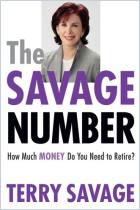

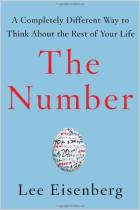
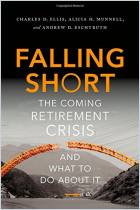
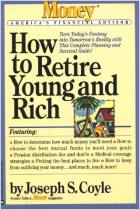
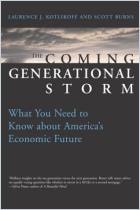





Comment on this summary or 开始讨论